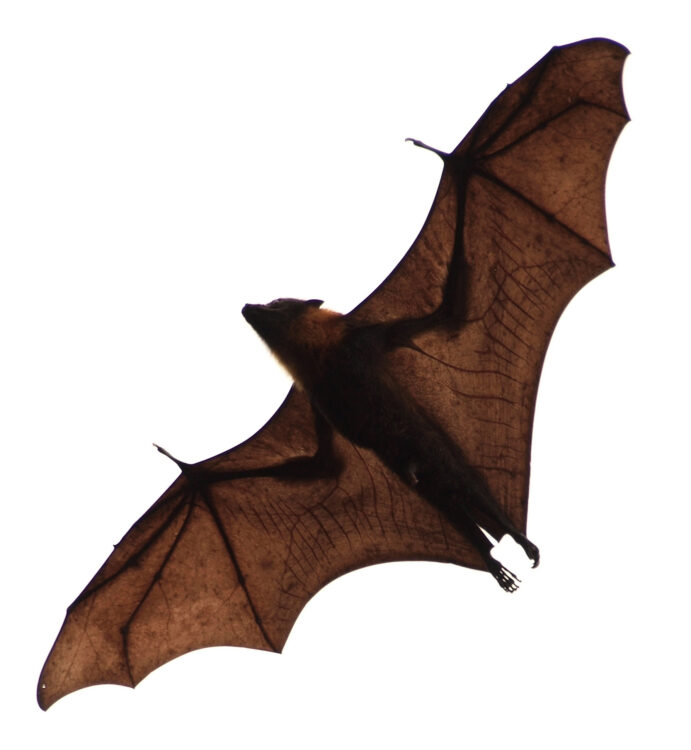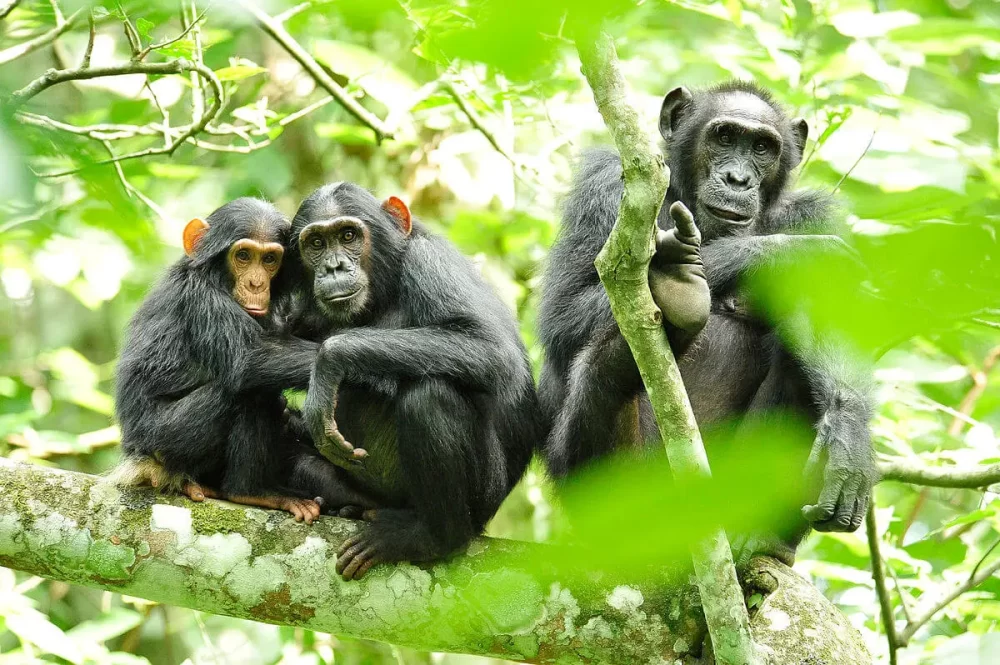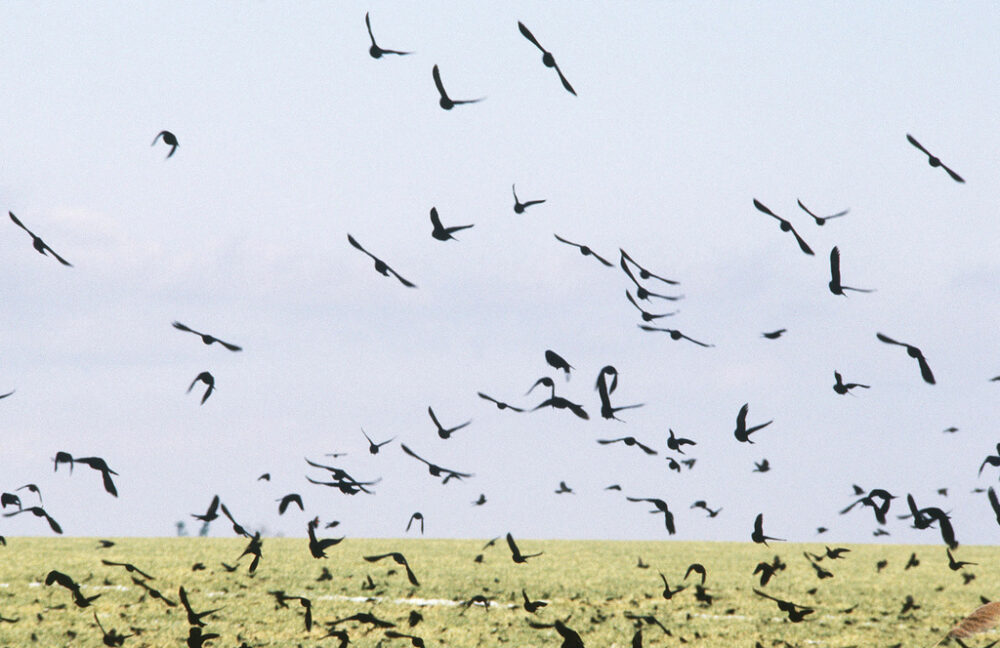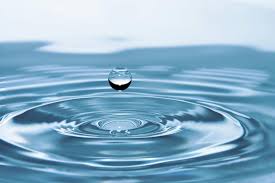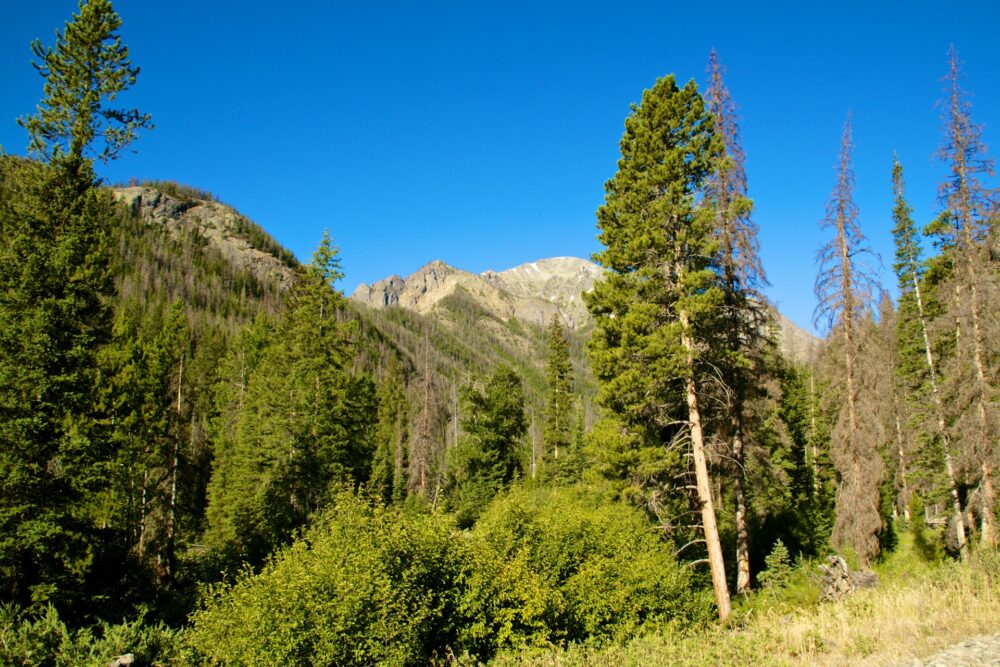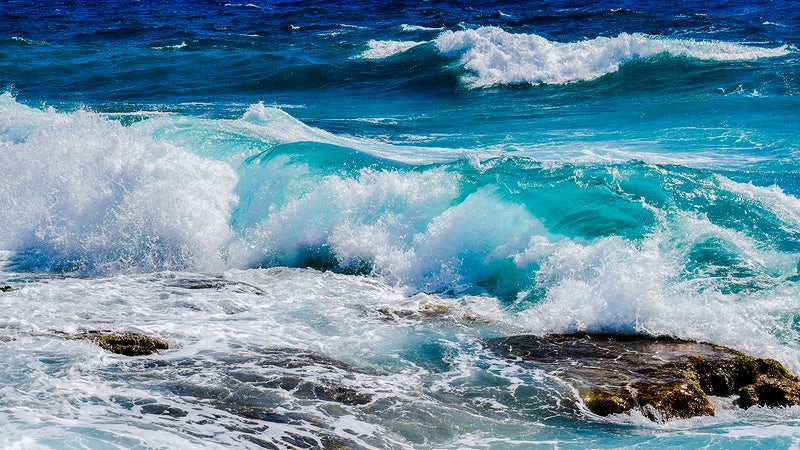Why We Should Move from Synthetic to Natural Fibers
Polyester is the most commonly used synthetic fiber in the world and represented over 50% of global fiber production volume in 2019. Polyester has gained wide popularity, but is also a major health and environmental hazard. Investigating how polyester affects health and why moving to natural fibers is an important and necessary step towards a more sustainable and […]
Why We Should Move from Synthetic to Natural Fibers Read More »

